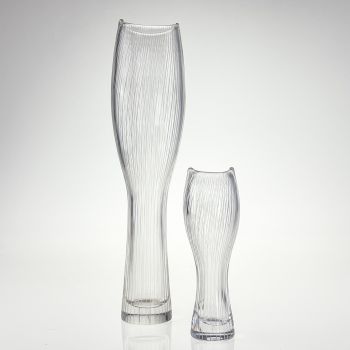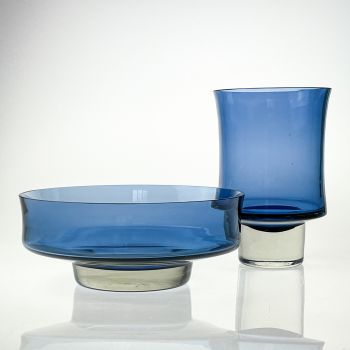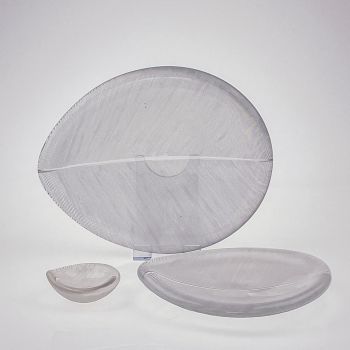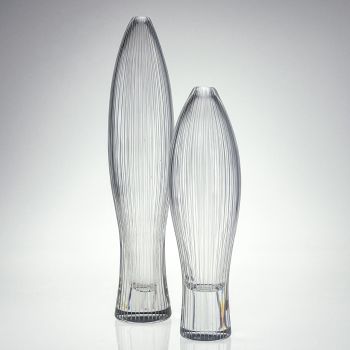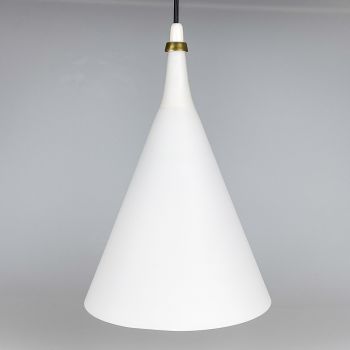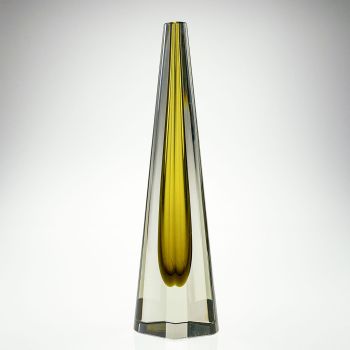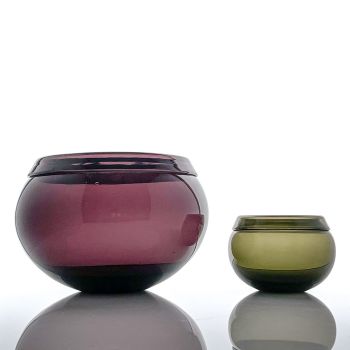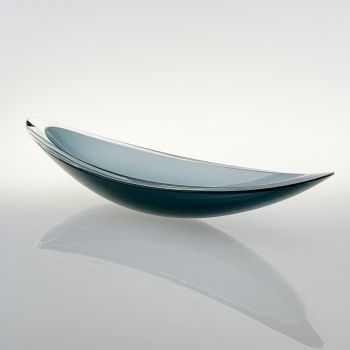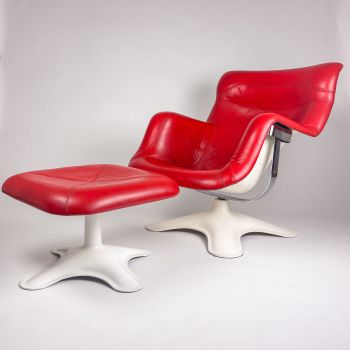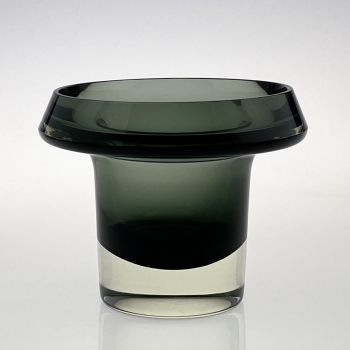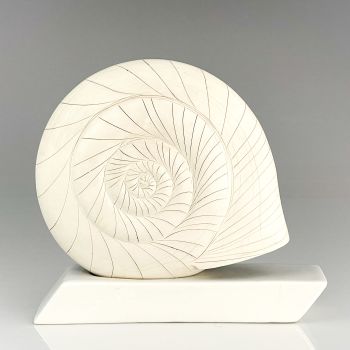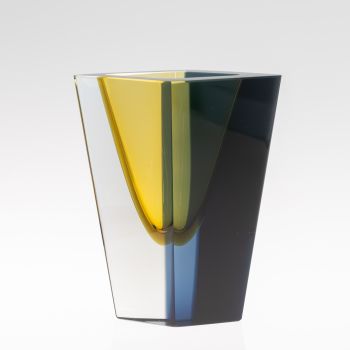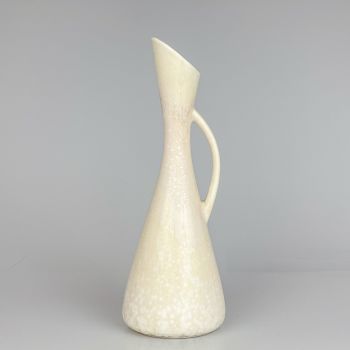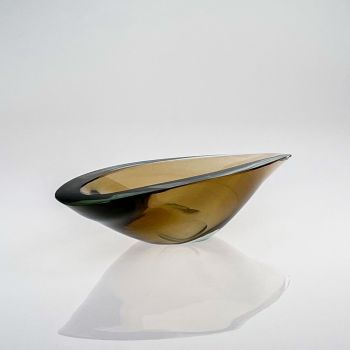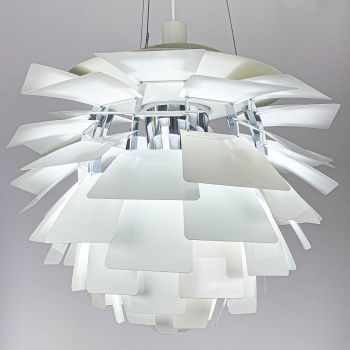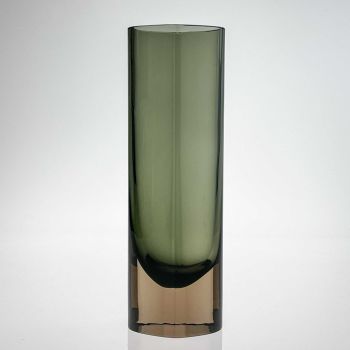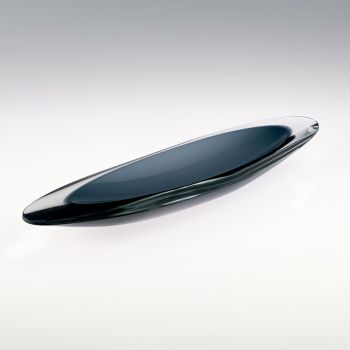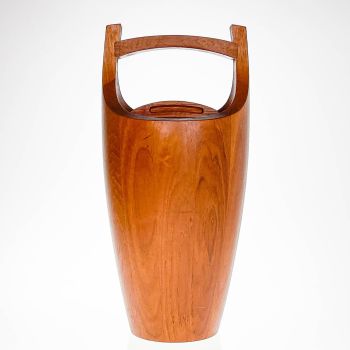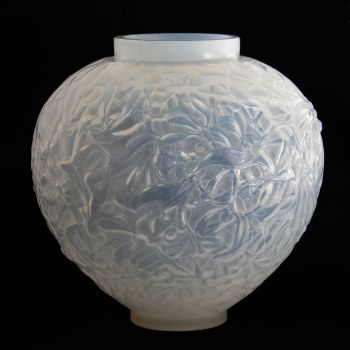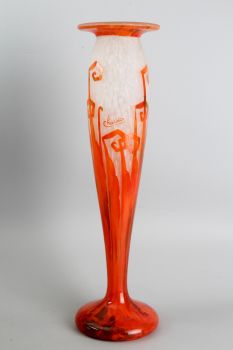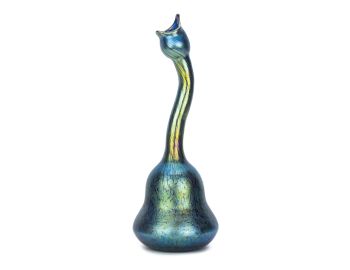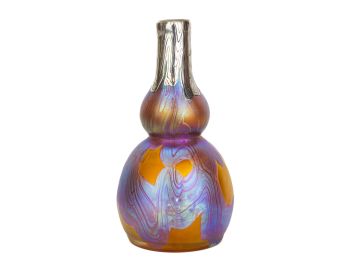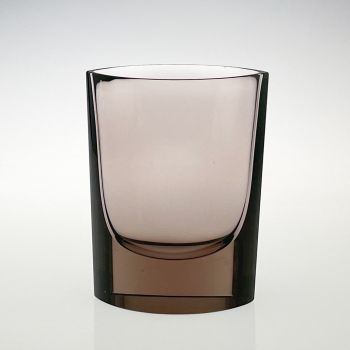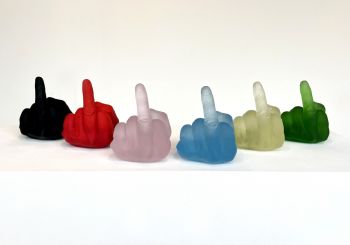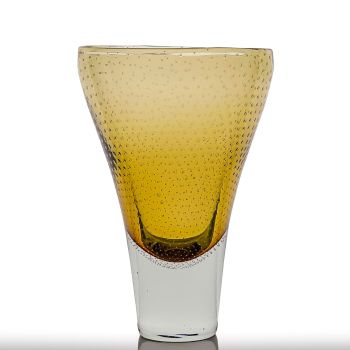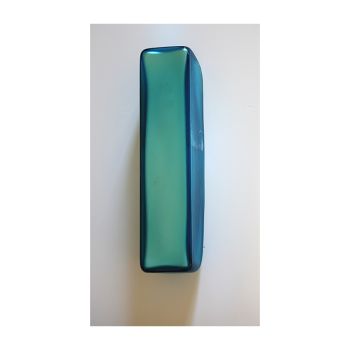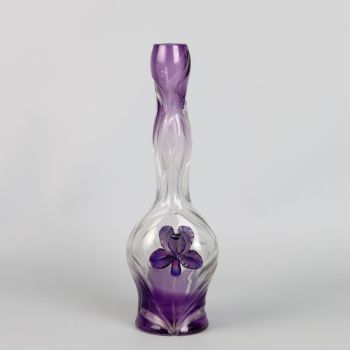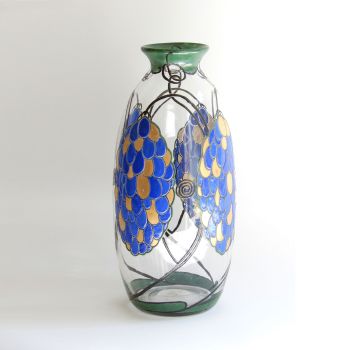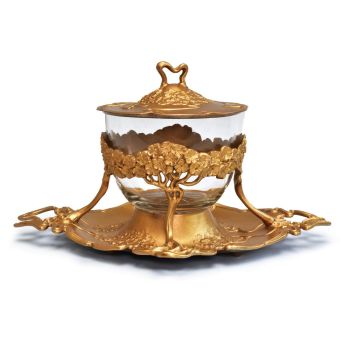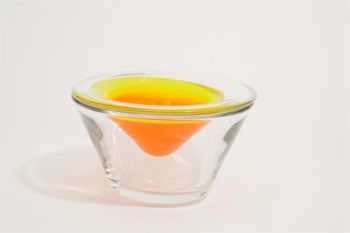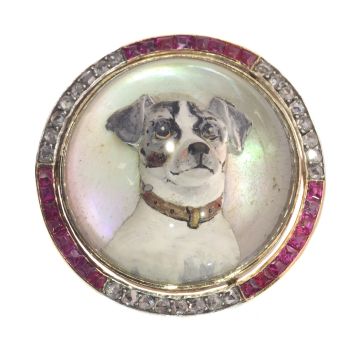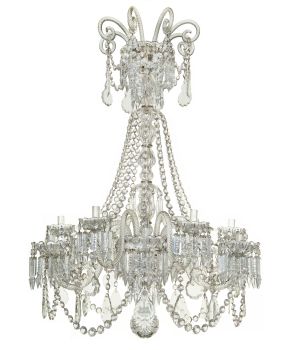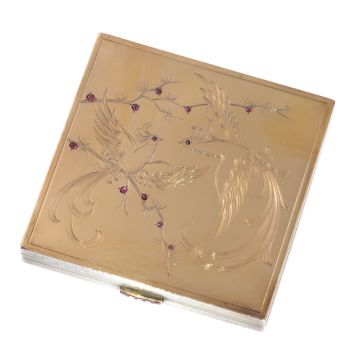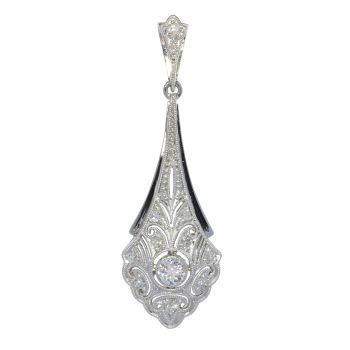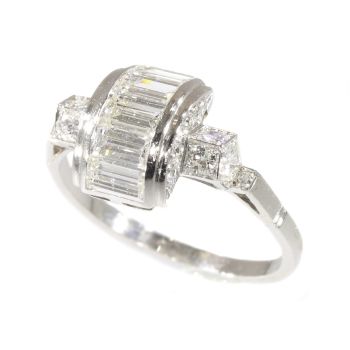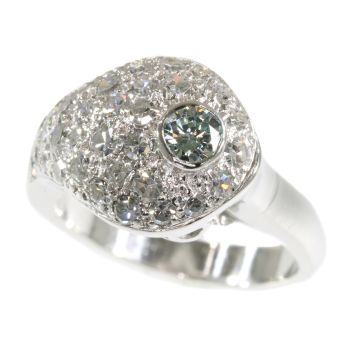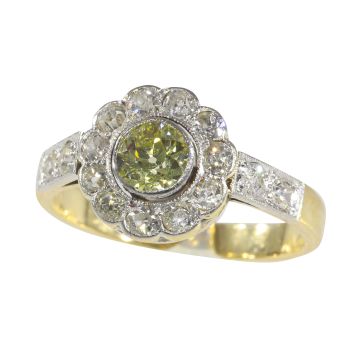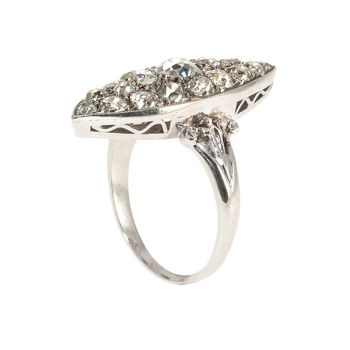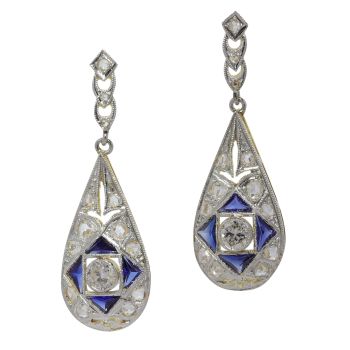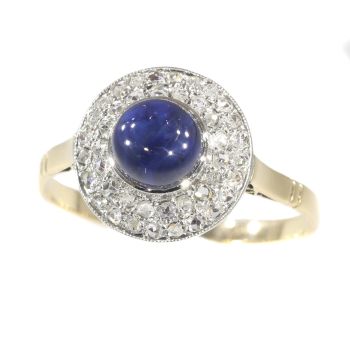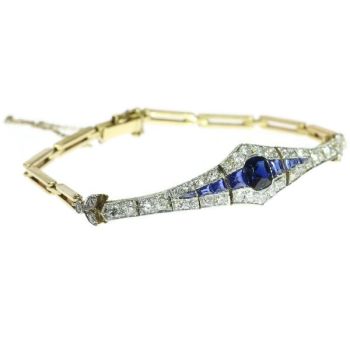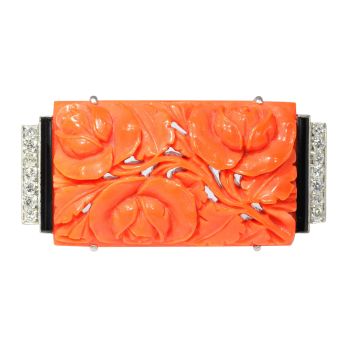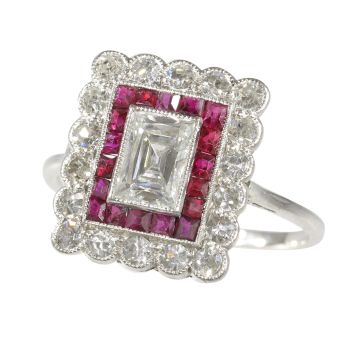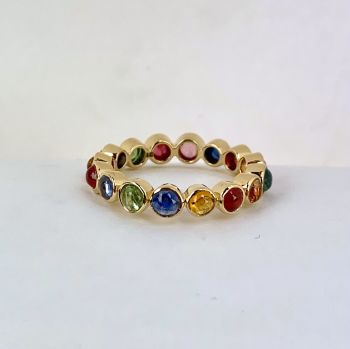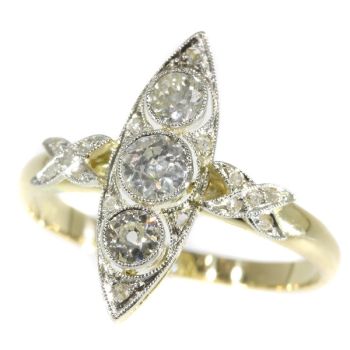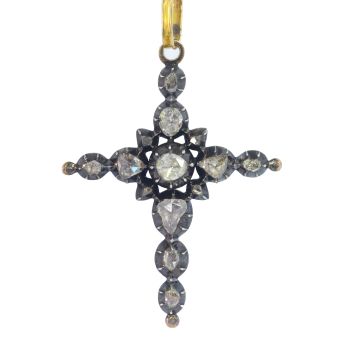Crystal Art-Object with sodium bubbles, model 3242 - Iittala, Finland circa 1948 1948 - 1949
Tapio Wirkkala
CristalPiedra preciosa
14 cm, ø 8 cm
ConditionVery good
Actualmente no disponible a través de Gallerease
- Sobre la obra de arteMold blown, crystal Art-object with sodium bubbles, model 3242. Designed by Tapio Wirkkala in 1948. This model was only produced for two years, namely 1948 or 1949 by the craftsmen at the Iittala glassworks in Finland.
The glassmass was blown in a special mold after which it was formed in the final shape while still hot. The bubbles in the glass were created by adding sodium into the glassmass. These particals would chemically react and form bubbles.
Execution Collapse
Iittala, Finland between 1948-1949
Marked
Tapio Wirkkala - Iittala in diamondpen
Condition
Good overall condition, minor wear consistent of age and use. No cracks or chips.
Literature
Marianne Aav, TAPIO WIRKKALA eye, hand and thought: p. 395
Dimensions
H. 14.1 cm
Diam. 8.57 cm
Weight 910 grams
About Tapio Wirkkala
Tapio Wirkkala (1915 Hanko, Finland - 1985 Helsinki, Finland) A giant of Finnish design, Wirkkala was an artist of great diversity for whom no material was alien and who left no area of design unexplored.
A glass design competition held by the Iittala glassworks in 1946 was the event that set his career in motion; the first prize went jointly to Wirkkala and Kaj Franck.
With an oeuvre that ranges from exceptionally beautiful pieces of glass art to industrial design in the form of beer bottles and banknotes, Wirkkala also designed jewellery, sculptures, and furniture.
The recipient of many awards, honorary titles, and a doctorate, Wirkkala won three Grand Prix medals at the Milan Triennale in 1954 and an additional Grand Prix medal and gold medal at the Milan Triennale in 1960. - Sobre el artista
Tapio Wirkkala (1915-1985) fue un genio del diseño con múltiples talentos, ampliamente considerado una figura destacada del arte industrial finlandés moderno. La amplia cartera de Wirkkala abarca desde vidrio, muebles y diseño de productos hasta escultura, planificación urbana, arte, gráficos e incluso la creación de billetes para el tesoro finlandés.
A lo largo de su carrera increíblemente productiva, Wirkkala recibió numerosos premios, incluidas tres medallas de oro en la Trienal de Milán, el Premio Lunning, la Medalla Pro Finlandia y la Medalla Príncipe Eugen.
En 1946, Wirkkala ganó su primer premio de diseño en un concurso patrocinado por Iittala que marcaría una relación de por vida con efectos duraderos en su carrera y en la empresa. Como director artístico de Iittala, la visión artística única de Wirkkala ayudó a establecer la reputación global de la empresa.
A lo largo de su legendaria carrera, el artista de talento único creó más de cuatrocientos objetos de vidrio para Iittala, muchos de los cuales, como las series Ultima Thule y Tapio, siguen siendo populares en la actualidad.
Artwork details
Related artworks
- 1 - 4 / 9
- 1 - 4 / 24
Johann Loetz (Lötz) Witwe Klostermühle
Johann Loetz Witwe - Phänomen Genre 7773 – Orange1900 - 1910
Precio a consultarAntiques Emporium
Johann Loetz (Lötz) Witwe Klostermühle
Johann Loetz Witwe – Ausfuehrung 146 Titania vase – 19121910 - 1919
Precio a consultarAntiques Emporium
1 - 4 / 24- 1 - 4 / 24







